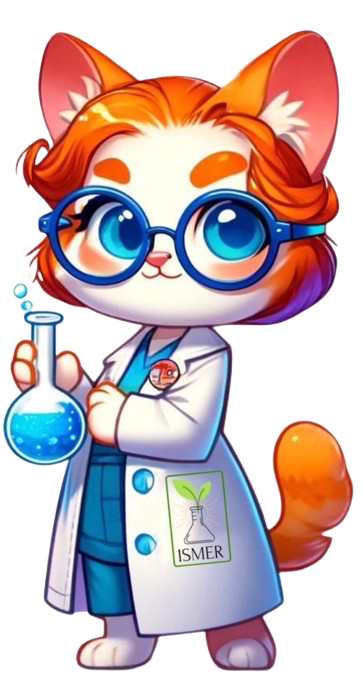One of the main goals to achieve a society that makes use of sustainable energy (CO2 free) is the development of systems capable of producing clean energy. Hydrogen, if produced in a sustainable manner, appears to be an environmentally and climate-friendly energy vector. It is a promising and economical clean fuel that during combustion leads to the formation of water. However, its storage and transport are still problematic. Hydrogen can be transported by chemical carriers (for example ammonia). Wastewater deriving from farms typically contains nitrogen-rich pollutants and, therefore, offers itself as a source of ammonia. The laboratory aims to develop a binary system based on innovative materials for (i) the photodegradation by irradiation with sunlight of nitrogen-rich pollutants inside wastewater to produce ammonia and (ii) subsequent conversion of ammonia into hydrogen by means of an electrochemical approach.


